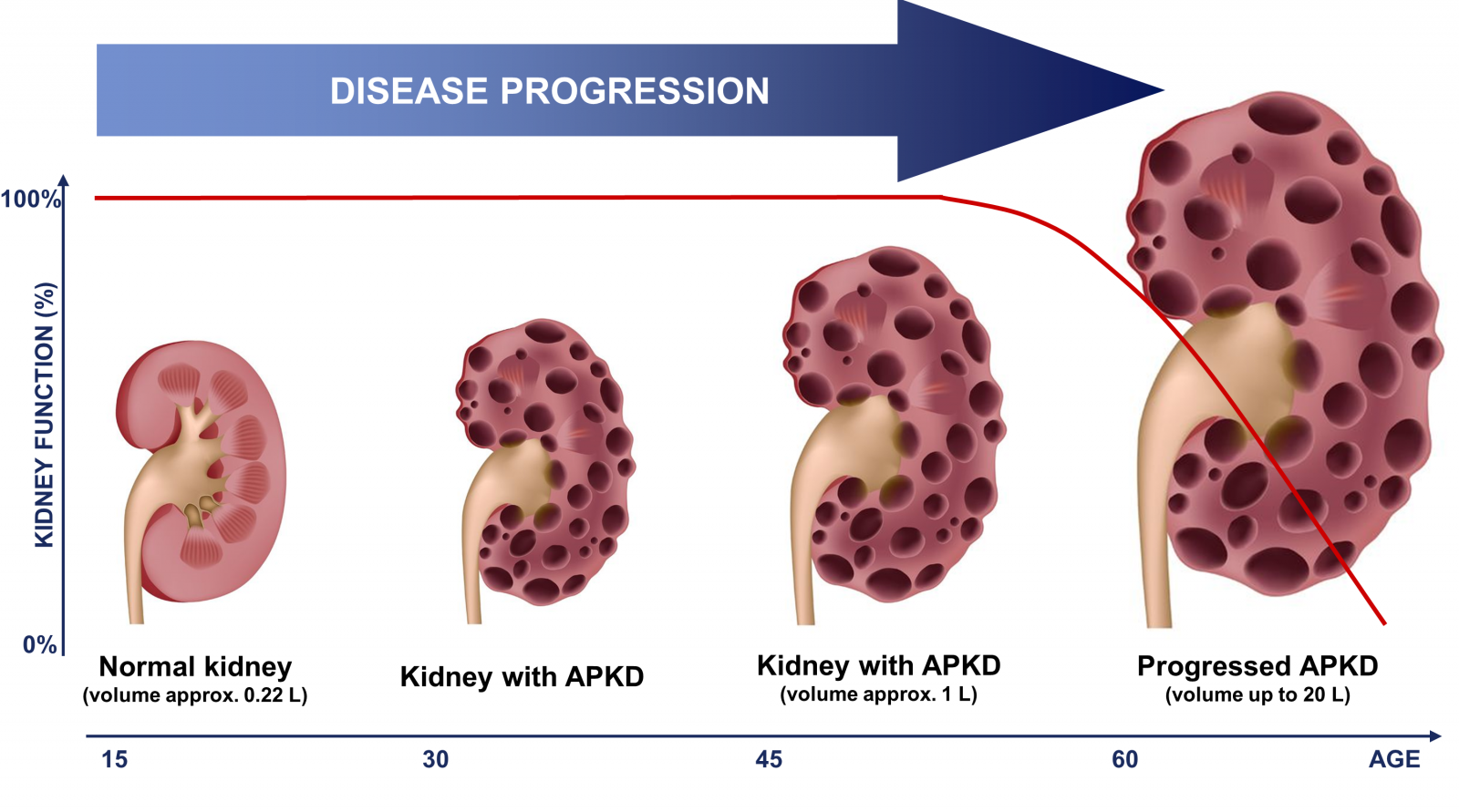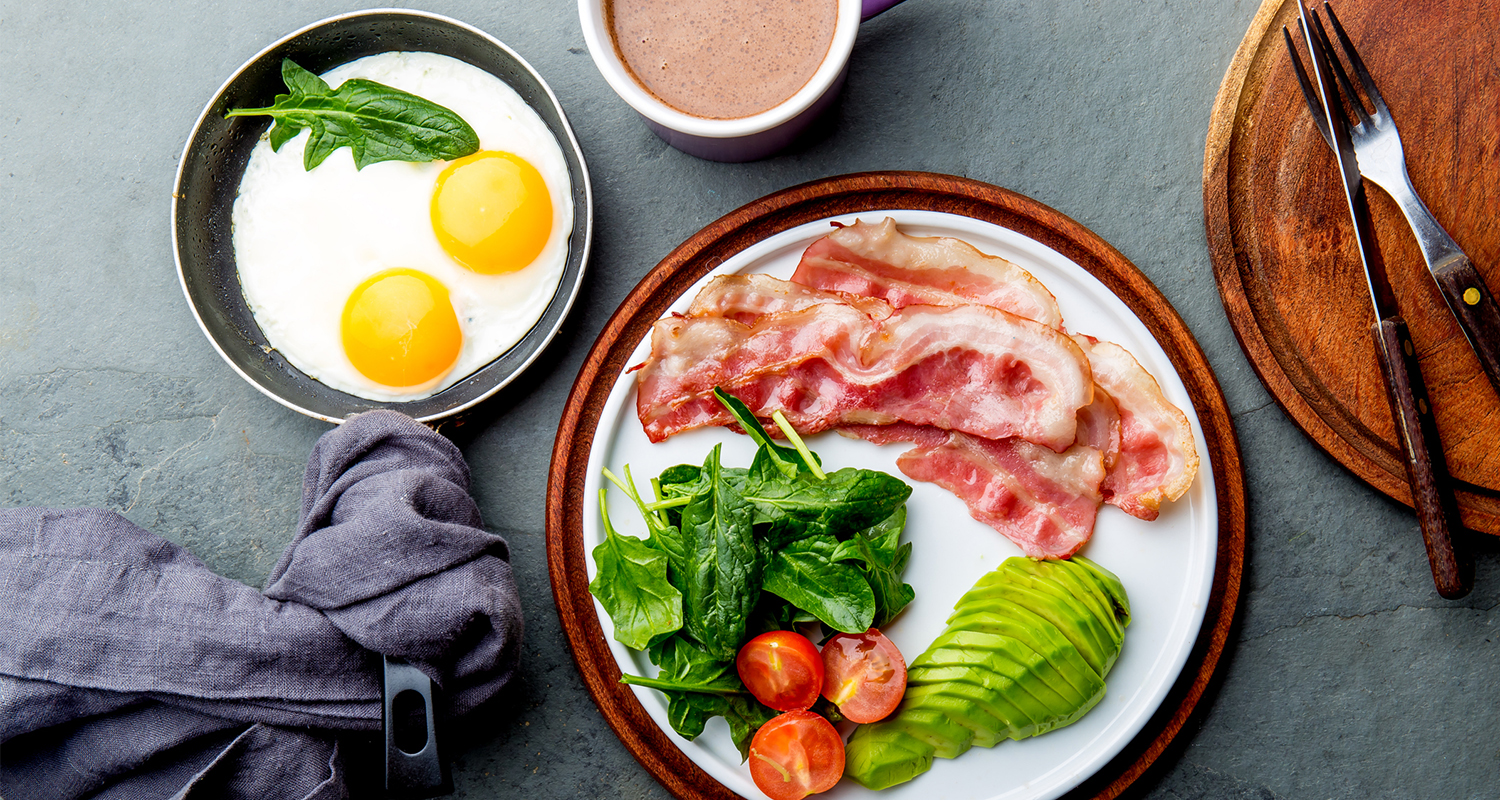For The Latest Medical News, Health News, Research News, COVID-19 News, Pharma News, Glaucoma News, Diabetes News, Herb News, Phytochemical News, Thailand Cannabis News, Cancer News, Doctor News, Thailand Hospital News, Oral Cancer News, Thailand Doctors


The compounds Ketones are actually a class of three different naturally occurring molecules. Of particular interest and effectiveness is one called BHB (beta hydroxybutyrate), which has been shown "to affect numerous signaling pathways that are implicated in polycystic kidney disease." according to the study. The team found that by just feeding that ketone to animal models with PKD, they were able to create the beneficial effects of ketosis, no special diet restriction needed.
Weimbs commented, "Which makes this really amazing," On top of a normal high-carb diet, which they can eat all day long, if we give them BHB, they're fine." After five weeks of treatment with BHB in the drinking water, rat polycystic kidneys were "nearly indistinguishable" from normal ones.
Postdoctoral researcher Dr Jacob Torres and coauthor further commented, ”The impact of this research has huge implications on the field of polycystic kidney disease(PKD). It provides a framework for understanding the pathology of PKD from a metabolic viewpoint and adds another disease to the list that a ketogenic diet can be used to treat. Our discovery also has implications for understanding cellular metabolism at a fundamental level as we learn more about what has gone wrong in our disease models. I am really looking forward to the future of research in this field as we explore this new space and uncover even more about what is really going on in PKD."
Weimbs said, "It's quite possible to reach ketosis just by avoiding carbs or by fasting for a period of time. It's a very natural way to have your own body produce BHB. So something like a time-restricted diet is feasible."
But the key to success with diet-related issues is consistency. Ask virtually any dieter and they'll tell you that staying on track is the difficult part.
For those with polycystic kidneys who could use an assist with ketosis, whether or not they need to lose weight or wish to change their diets, the Weimbs lab is developing a dietary supplement to add BHB to their regular intake. This patent-pending nutritional supplement would be similar to commercially available ketone products being offered as energy boosters, but formulated specifically for supporting kidney health.
Weimbs further added "We want to make sure we don't put anything harmful into the bodies of people with potentially compromised kidney function. And some of the ketone products already out there are high in potassium and other ingredients that could be detrimental."
The supplement being developed is combined with another nutrient the Weimbs Lab has recently shown to inhibit cyst formation in PKD by a completely different mechanism from BHB, thereby approaching the problem from two directions. While not a drug and therefore less expensive and essentially free of serious side effects the supplement is nevertheless intended for use by those under medical supervision. Members of the Weimbs team are planning to conduct a clinical trial to test their supplement mixture in people with polycystic kidney disease. PKD. Assuming all goes well, they are planning to launch a company to make it available.
The product is expected to be ready before the end of 2019 and the team is planning clinical trials as early as January 2020 before the product is made commercially available.
Jacob A. Torres et al. Ketosis Ameliorates Renal Cyst Growth in Polycystic Kidney Disease, Cell Metabolism (2019). DOI: 10.1016/j.cmet.2019.09.012